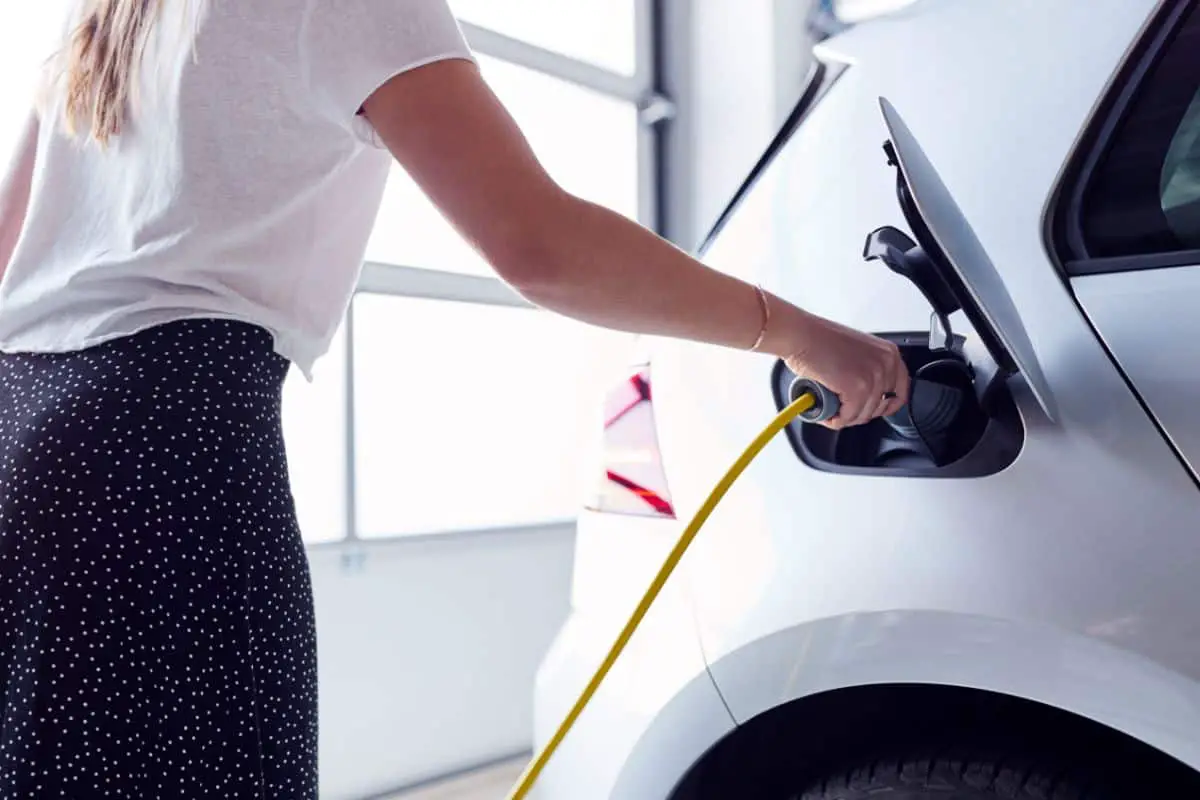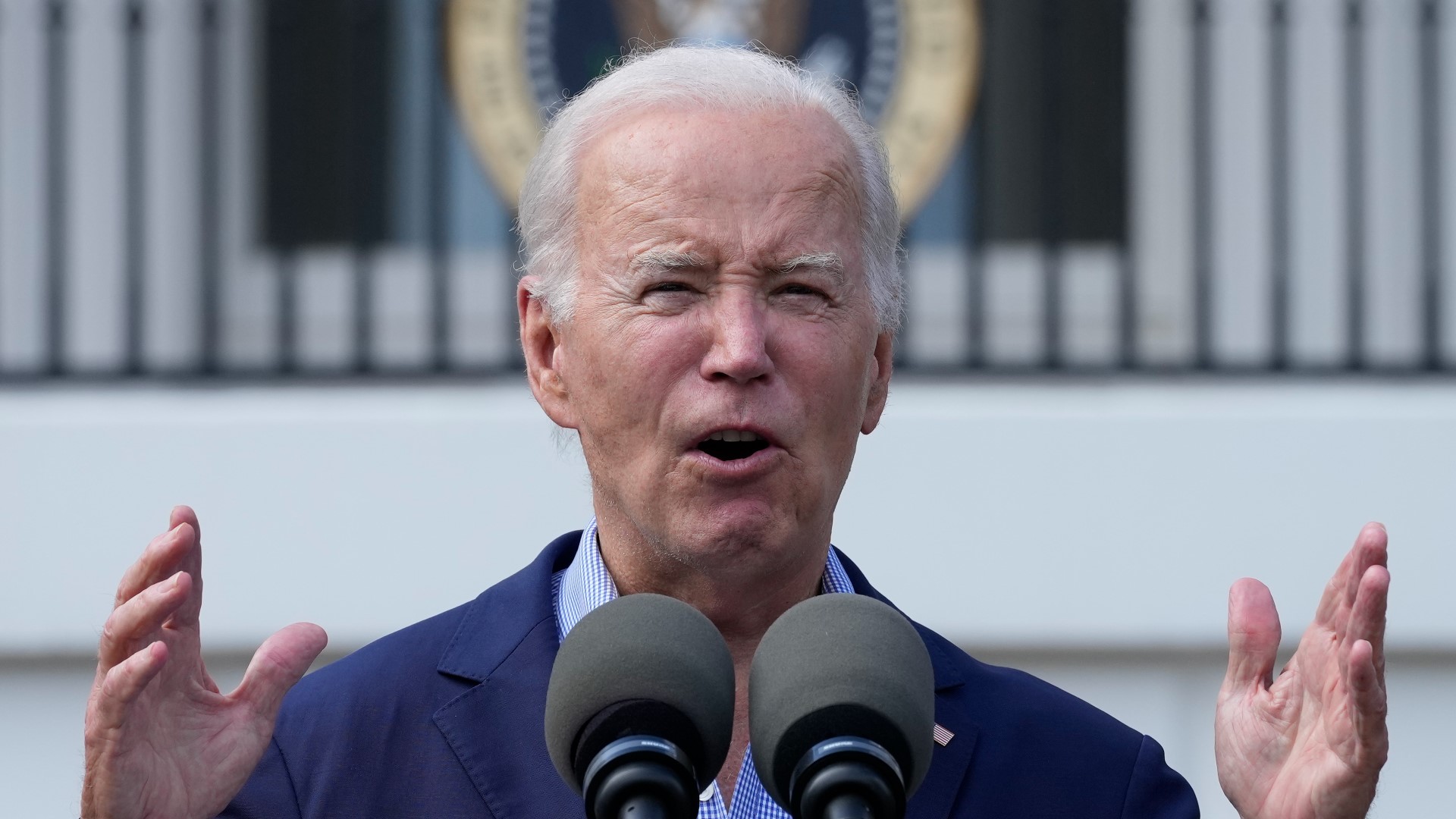Car Dealers Double Down: Renewed Resistance To Electric Vehicle Mandates

Table of Contents
Financial Concerns and Infrastructure Limitations
Dealerships argue that the transition to EVs presents significant financial challenges, hindering their ability to comply with increasingly stringent electric vehicle mandates.
High Upfront Costs of EV Inventory
The high cost of EVs makes stocking them a considerable financial risk. Dealerships are facing substantial upfront investment with uncertain returns, especially given the current market dynamics.
- Lack of government support for dealer EV inventory financing: Securing loans for EV inventory is often more difficult than for traditional internal combustion engine (ICE) vehicles, placing a heavier burden on dealerships.
- Higher maintenance costs and specialized training needs for EV repair: EV repair requires specialized tools, training, and expertise, adding to the operational costs for dealerships. This is a significant investment that many dealerships are hesitant to make without guaranteed returns.
- Concerns over decreased profit margins compared to traditional ICE vehicles: The profit margins on EVs are often lower than those on gasoline-powered cars, impacting the overall profitability of dealerships. This disparity is a key driver of resistance to electric vehicle mandates.
Inadequate Charging Infrastructure
The limited availability of public charging stations is a major obstacle to widespread EV adoption and a key concern for dealerships facing electric vehicle mandates. Consumer hesitancy to purchase EVs due to range anxiety is directly impacting sales.
- Uneven distribution of charging stations, particularly in rural areas: The current charging infrastructure is concentrated in urban areas, leaving rural communities underserved and impacting potential EV sales in these regions.
- Long charging times compared to refueling gas vehicles: The time it takes to charge an EV is significantly longer than refueling a gasoline car, creating inconvenience for consumers and affecting their purchasing decisions.
- Range anxiety remains a significant barrier for potential EV buyers: The fear of running out of battery power before reaching a charging station remains a major psychological hurdle for many potential EV buyers, thus impacting dealer sales.
Consumer Demand and Market Readiness
Dealerships question the current market readiness for a complete shift to electric vehicles, citing several factors influencing consumer behavior and purchasing decisions.
Uncertainty in Consumer Preferences
While EV sales are growing, dealerships remain skeptical about the extent of true consumer demand. Many factors influence consumer preferences, creating uncertainty about the long-term viability of a fully electric fleet.
- Market research suggesting consumer preference for hybrid vehicles over fully electric: Hybrids offer a compromise between fuel efficiency and range anxiety, making them a popular alternative for many consumers.
- The impact of fluctuating gas prices on EV adoption rates: Gas price fluctuations can influence consumer choices, potentially delaying the widespread adoption of EVs.
- The need for more consumer education regarding EV benefits and technology: A lack of comprehensive consumer education regarding the benefits and nuances of EV technology hinders their widespread adoption.
Transition Challenges and Lack of Consumer Education
The rapid shift towards EVs requires significant adaptation from dealerships, including staff training and infrastructure upgrades. Dealerships express concerns about the feasibility and cost-effectiveness of this transition.
- Concerns about the lack of skilled EV technicians: The transition demands a workforce proficient in EV repair and maintenance, which currently faces a skills gap.
- The challenge of managing different EV models and charging technologies: The variety of EV models and charging technologies adds complexity to dealership operations.
- The need for government-supported consumer education campaigns: Comprehensive government-led campaigns are needed to educate consumers about the benefits of EVs and dispel common misconceptions.
Political and Regulatory Hurdles
Dealerships express concerns about the pace and implementation of government regulations surrounding electric vehicle mandates, believing the current approach is overly aggressive.
The Impact of Government Regulations
The current push for EVs is seen by many dealerships as unrealistic given the existing market conditions and infrastructure limitations. They call for a more gradual and balanced approach.
- Concerns about potential government penalties for not meeting sales targets: The fear of penalties for not meeting mandated EV sales targets puts immense pressure on dealerships.
- Calls for more gradual implementation of EV mandates: Dealerships are advocating for a phased approach that allows for a more measured transition to electric vehicles.
- Advocating for policies that support both the transition to EVs and the viability of existing dealerships: A balanced policy is needed to support the EV transition while protecting the economic viability of dealerships.
Lobbying Efforts and Industry Resistance
The resistance to electric vehicle mandates is not isolated to individual dealerships; it involves a coordinated effort by industry associations lobbying against aggressive targets.
- The role of automotive industry lobbying groups in shaping EV policy: Industry associations actively lobby to influence EV policy, advocating for less stringent regulations.
- The influence of established automotive manufacturers on government regulations: Established automakers with large investments in ICE vehicles exert significant influence on government policy.
- The potential for legal challenges to stringent EV mandates: The possibility of legal challenges to aggressive EV mandates remains a significant factor in the ongoing debate.
Conclusion
The push for electric vehicle adoption is creating significant friction within the car dealership network. The renewed resistance to electric vehicle mandates stems from a complex interplay of financial concerns, market readiness challenges, and regulatory pressures. Addressing these concerns requires a collaborative approach involving government, manufacturers, and dealerships themselves. A balanced strategy that supports both the transition to EVs and the economic viability of dealerships is crucial for a successful and sustainable shift towards a cleaner automotive future. Understanding the multifaceted reasons behind this resistance is key to navigating the transition to a more sustainable transportation system. To learn more about the ongoing debate surrounding electric vehicle mandates, continue your research and stay informed on the latest developments.

Featured Posts
-
 32
May 09, 2025
32
May 09, 2025 -
 Space X Valuation Soars Elon Musks Stake Tops Tesla Investment By 43 Billion
May 09, 2025
Space X Valuation Soars Elon Musks Stake Tops Tesla Investment By 43 Billion
May 09, 2025 -
 Snowfall Warning Issued For Parts Of Western Manitoba
May 09, 2025
Snowfall Warning Issued For Parts Of Western Manitoba
May 09, 2025 -
 Khan Truong Dieu Tra Xu Ly Vu Bao Mau Tat Tre Em Tai Tien Giang
May 09, 2025
Khan Truong Dieu Tra Xu Ly Vu Bao Mau Tat Tre Em Tai Tien Giang
May 09, 2025 -
 Secret Service Investigation Findings On Cocaine At White House Released
May 09, 2025
Secret Service Investigation Findings On Cocaine At White House Released
May 09, 2025
Latest Posts
-
 Changes To Uk Visa System Increased Scrutiny For Work And Student Applications
May 09, 2025
Changes To Uk Visa System Increased Scrutiny For Work And Student Applications
May 09, 2025 -
 Stricter Uk Visa Requirements Aimed At Curbing Immigration Abuse
May 09, 2025
Stricter Uk Visa Requirements Aimed At Curbing Immigration Abuse
May 09, 2025 -
 Uk Visa Restrictions Report Highlights Potential Nationality Limits
May 09, 2025
Uk Visa Restrictions Report Highlights Potential Nationality Limits
May 09, 2025 -
 Uk Government Tightens Visa Rules Impact On Work And Student Visas
May 09, 2025
Uk Government Tightens Visa Rules Impact On Work And Student Visas
May 09, 2025 -
 Impact Of Stricter Uk Visa Policies On Nigerian And Pakistani Japa Plans
May 09, 2025
Impact Of Stricter Uk Visa Policies On Nigerian And Pakistani Japa Plans
May 09, 2025
